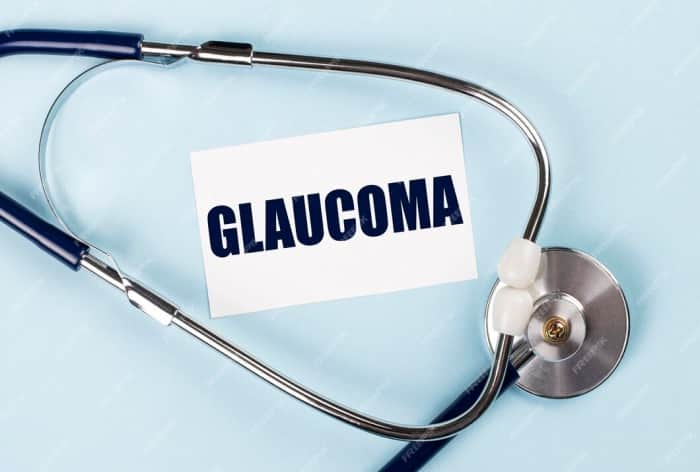Glaucoma is usually common in the elderly, but that is no guarantee that young people cannot develop it. Experts debunk some other similar myths about this eye condition.
Growing older brings with it various health problems. But this sedentary lifestyle has made even teenagers more susceptible to developing certain health problems. One of these is glaucoma. It is an eye condition that damages the optic nerve and can lead to vision loss. But if you see well, does that mean you will never get glaucoma? Does it only happen in old age? Well, there is no guarantee for these claims.
Early detection is crucial to prevent irreversible blindness. Currently, glaucoma is a leading global cause of vision impairment, affecting 80 million people and responsible for 12.3 percent of global blindness. In India, the prevalence is remarkable: twelve million people are affected, with an estimated 40 to 50 percent of cases going undetected. Dr. Kamala Subramanian, Head of Glaucoma Department Sankara Eye Hospital, Shimoga, speaks to IANS and debunks some common myths surrounding glaucoma, providing clarity and promoting proactive eye care.
Myth 1: Glaucoma only comes from a strong family history
Fact: Contrary to popular belief, glaucoma is not solely tied to genetic factors. Although a family history of glaucoma may increase an individual's risk, it is essential to recognize that other factors also play a substantial role in the onset of this eye condition. Long-term use of steroids for asthma, medications for rheumatoid arthritis, autoimmune diseases, skin conditions, and a history of eye damage can also contribute to the development of glaucoma.
Myth 2: No alternatives when medications fail
Fact: There should be no panic if symptoms appear. Surgical and laser procedures are available to slow the disease when medications prove insufficient. Consulting an expert ophthalmologist can lead to appropriate treatments and prevent irreversible blindness.
Myth 3: Glaucoma only occurs when you have elevated intraocular pressure (IOP).
Fact: Glaucoma results from damage to the optic nerve, not just from high IOP. The increase in pressure occurs due to the accumulation of aqueous humor, causing damage to the optic nerve.
Myth 4: People with good eyesight will not develop glaucoma
Fact: Glaucoma can affect anyone, even if you have good vision. Just because you have perfect eyesight doesn't mean you won't develop glaucoma, because people won't notice the symptoms until the disease has reached a moderate or advanced stage.
Myth 5: Glaucoma can be cured through dietary changes
Fact: Glaucoma cannot be cured with dietary adjustments alone. Although a healthy lifestyle, including a balanced diet, is beneficial for overall well-being, it cannot replace medical treatment for glaucoma.
Myth 6: Glaucoma only affects the elderly
Fact: Glaucoma can affect individuals aged 20 to 50 years and even infants due to irregular eye development. It can affect people of all ages, even newborns. Certainly, open-angle glaucoma mainly occurs in older people. Some babies develop congenital glaucoma, while other children have other eye diseases that can lead to secondary glaucoma. There are different types of glaucoma that affect different age groups.
Myth 7: Uncontrolled cataracts can cause glaucoma and irreversible vision loss
Fact: Cataracts and glaucoma are different conditions. Cataracts are the result of clouding of the lens of the eye, which causes vision problems. Both share common risk factors, but one does not change into the other. Cataracts are treatable and develop as a result of aging, usually after the age of 40. While glaucoma can occur regardless of age and people with diabetes are at greater risk of developing glaucoma.
Myth 8: Excessive screen time increases the risk of glaucoma
Fact: There is no scientific evidence linking excess screen time to glaucoma. However, patients with myopia (myopia) who spend extended periods of time in front of screens may be at risk.
In summary, clarifying the difference between misconceptions and realities about glaucoma is crucial to maintaining optimal eye health. Increasing awareness about the potential risk factors and symptoms of glaucoma is essential for early detection and successful management. Regular eye exams and promoting proactive measures are necessary to protect vision and prevent irreversible damage from glaucoma. If there is a significant family history of glaucoma, it is imperative that the next generation undergo comprehensive glaucoma testing in addition to routine screenings.


